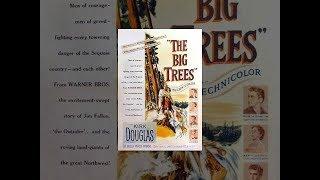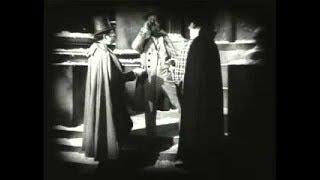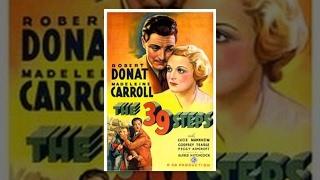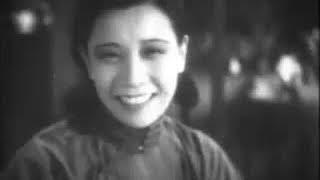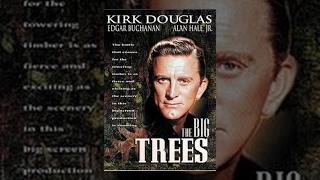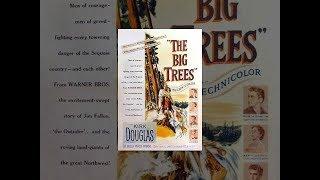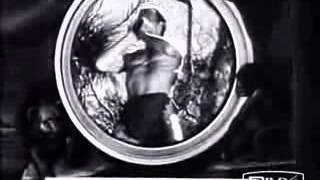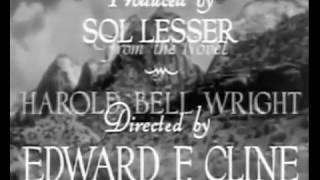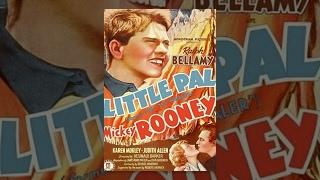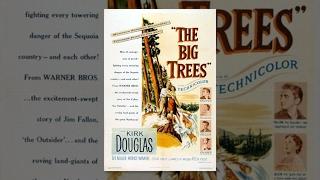The Big Trees (1935)
Description
Douglas plays a greedy timber baron who seeks to exploit the Sequoia forest, while facing the protest of the Quaker colonists.
The Big Trees is a 1952 Western film starring Kirk Douglas and directed by Felix E. Feist. It was Kirk Douglas's final film for Warner Brothers, a film he did for free in exchange for the studio agreeing to release him from his long-term contract.
A Quaker colony tries to save the giant sequoias from a timber baron.
In 1900, unscrupulous timber baron Jim Fallon plans to take advantage of a new law and make millions off California redwood. Much of the land he hopes to grab has been homesteaded by a Quaker colony, who try to persuade him to spare the giant sequoias...but these are the very trees he wants most. Expert at manipulating others, Fallon finds that other sharks are at his own heels, and forms an unlikely alliance.
Kirk Douglas works with wood and wants to make money quick by grabbing land in California and cutting the giant and very old trees. He ends up getting involved with religious people who live there and only want him to cut the newer and smaller trees. Patrice Wymore is the woman who is in love with him but he starts falling for the religious Eve Miller. The unusual and interesting scenery makes this western worth seeing. Also Douglas here is at his best.
This is a story about a young opportunist and slick-talker (Kirk Douglas as Fallon) who leaves his floundering lumber operation in Wisconsin in order to exploit a piece of Federal Lands Claims legislation that went into effect in 1900. Hoping to make a quick fortune, he heads for northern California and the vast tracks of Redwoods and Sequoias there.
The plot's central conflict is developed when Fallon/Douglas encounters a community of nature-loving religious pacifists who have been living for years on the land that he hopes to harvest. Much attention is paid, in this film, to the simple arguments presented by these people who consider the giant trees to be sacred reminders of God's greatness. The forest is their church, and they strive to convince would-be (de)foresters such as Fallon that the trees are more valuable left standing than being cut down and used for lumber.
Douglas' performance is nuanced and convincing, as he portrays the deep internal transformations that his character goes through. In addition, there is a truly remarkable action sequence--clearly the great grand-daddy of all of Tom Cruise's (et al.) exploits--in which Douglas leaps aboard a runaway train.
In a silent "wink" to savvy audience members, the mock-Spanish name of the California county where all this takes place is written on a sign over the door of the courthouse: San Hedrin.
